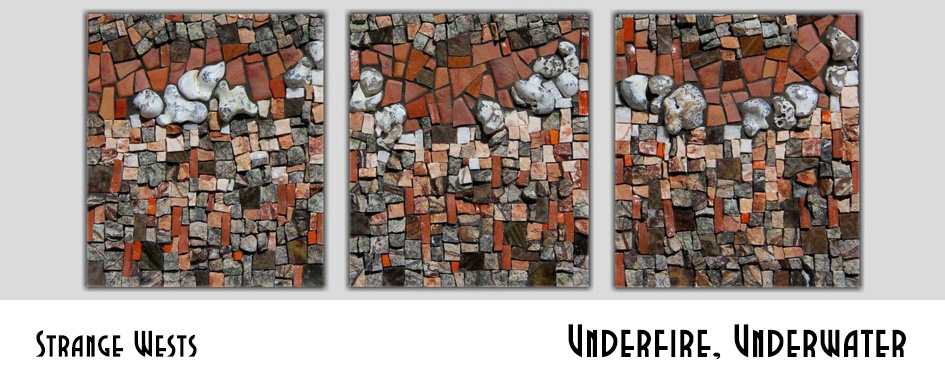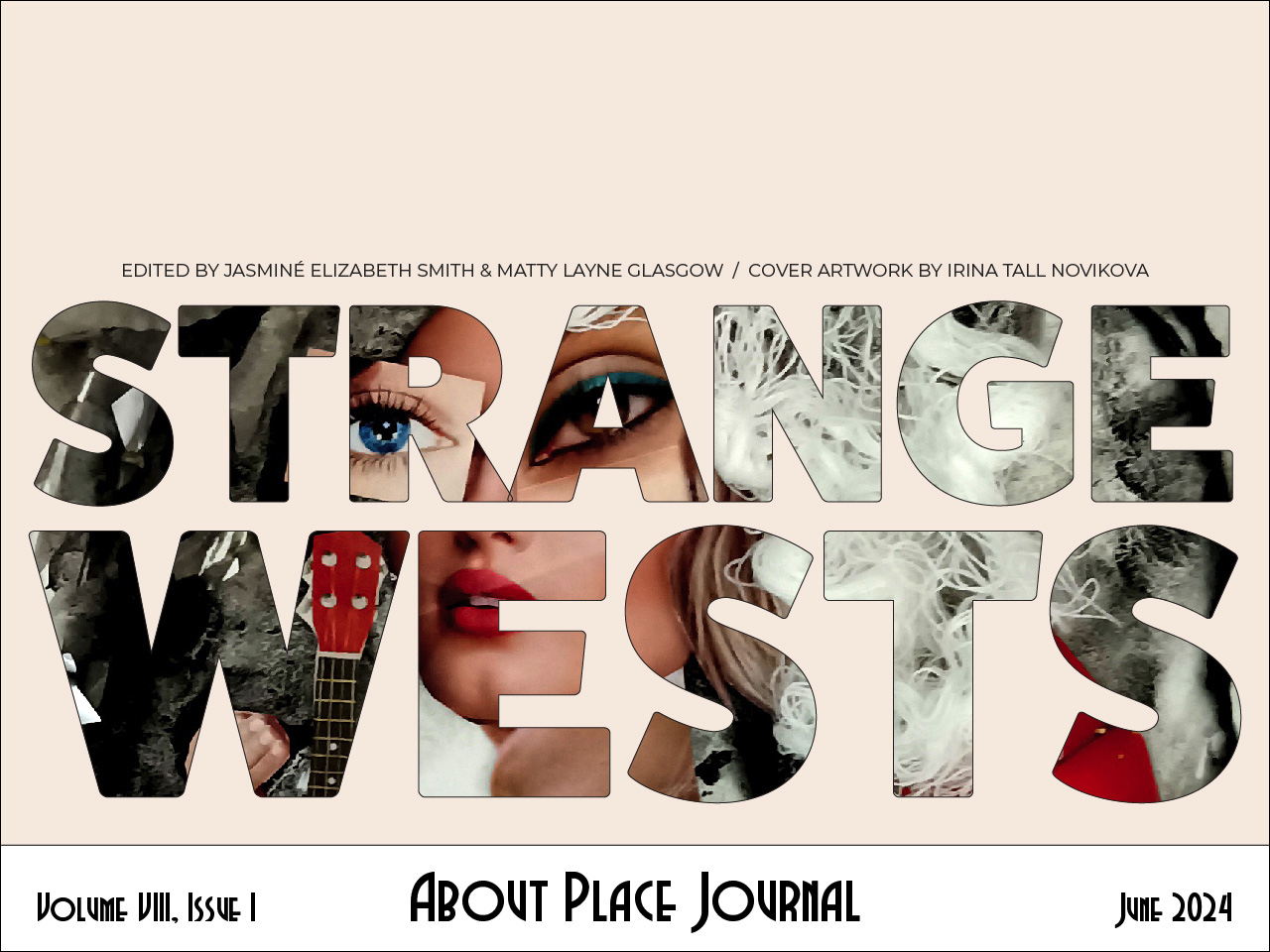I gather it is being pushed up by the eggs
she is about to lay. I watch her dip and scoop water,
using the lower part of her beak like a gourd.
Her tongue flicks as she tips her head back
to send the clean liquid down.
She repeats this eighteen times
before she catches me in the window,
flits off. In the dailiness, a false dusk
descends. Dust to— and the flourishing
that is arriving moment by moment:
I have already had my coffee, chugged
two glasses of water, Facetimed with my kids,
eaten a few of the dark chocolates they sent,
the third load of laundry is spinning;
I’ve moved geraniums from their winter
resting place in the house to outside under the porch,
cut dead branches from a limber pine.
I strive to make everything impeccable,
as it disappears. Our sky is dystopic gray,
abundant with ash, the patio covered with it, the open
cups of yellow tulips full of cinder.
Do I actually smell the ozone disintegrating—
its metallic scent permeating our air? Naturally
there is a connection between the twelve fires raging
in all directions around my Southwestern city and our car
that caught fire, burned up with ten others
on a shipping trailer on I-20, Kaufman County, Texas.
Like everything that burns to a finish,
it turned dead black. Charred dead
along with four hundred thousand acres
of Rocky Mountain pines, junipers and cedars of the Jemez,
ponderosas of the Sangre de Christos—
the deer, the elk, the rabbits, the coyotes, the flies,
the wolves, the raccoons, the marmots, the mice, the moles,
the rats, the lizards, the snakes, the butterflies, the spiders,
the worms, the skinks, the skunks, the bears and all the birds
who could not fly, their wings singed,
their eyes dried to dust bowls.
And what of their flesh— how will it reappear?
The robin lands on a ground feeder, lifts a mealworm
then another, hops out of sight searching in tall grass,
when suddenly she flies up into the cherry tree
with a beakful of my hair
that earlier I pulled from my brush
and released in the wind.


